Sustainable Office Design
and the Evolving Workplace
A Roundtable Discussion Hosted by Walls to Workstations
Walls to Workstations (W2W) hosted an exclusive Industry Roundtable to discuss Sustainable Office Design and the Evolving Workplace.
Walls to Workstations first roundtable fostered a dynamic exchange of ideas, with industry leaders sharing actionable insights on navigating workplace transformation. The discussion reinforced the importance of collaboration, innovation, and adaptability in shaping the future of workspaces and the construction industry.
As W2W continues to support the evolution of workplace design, these insights will help inform future strategies, ensuring that work environments remain not only sustainable but also adaptable, engaging, and built for long-term success.
The event was chaired by renowned Broadcaster and former Politician Ivan Yates and included select industry professionals from Ireland’s and the UK’s construction sector.
With his extensive background in media, politics, and business, Yates led an engaging and thought-provoking conversation, prompting participants to reflect on their experiences, the impact of accelerating climate change, the evolving workplace, and shifting market demands and trends.
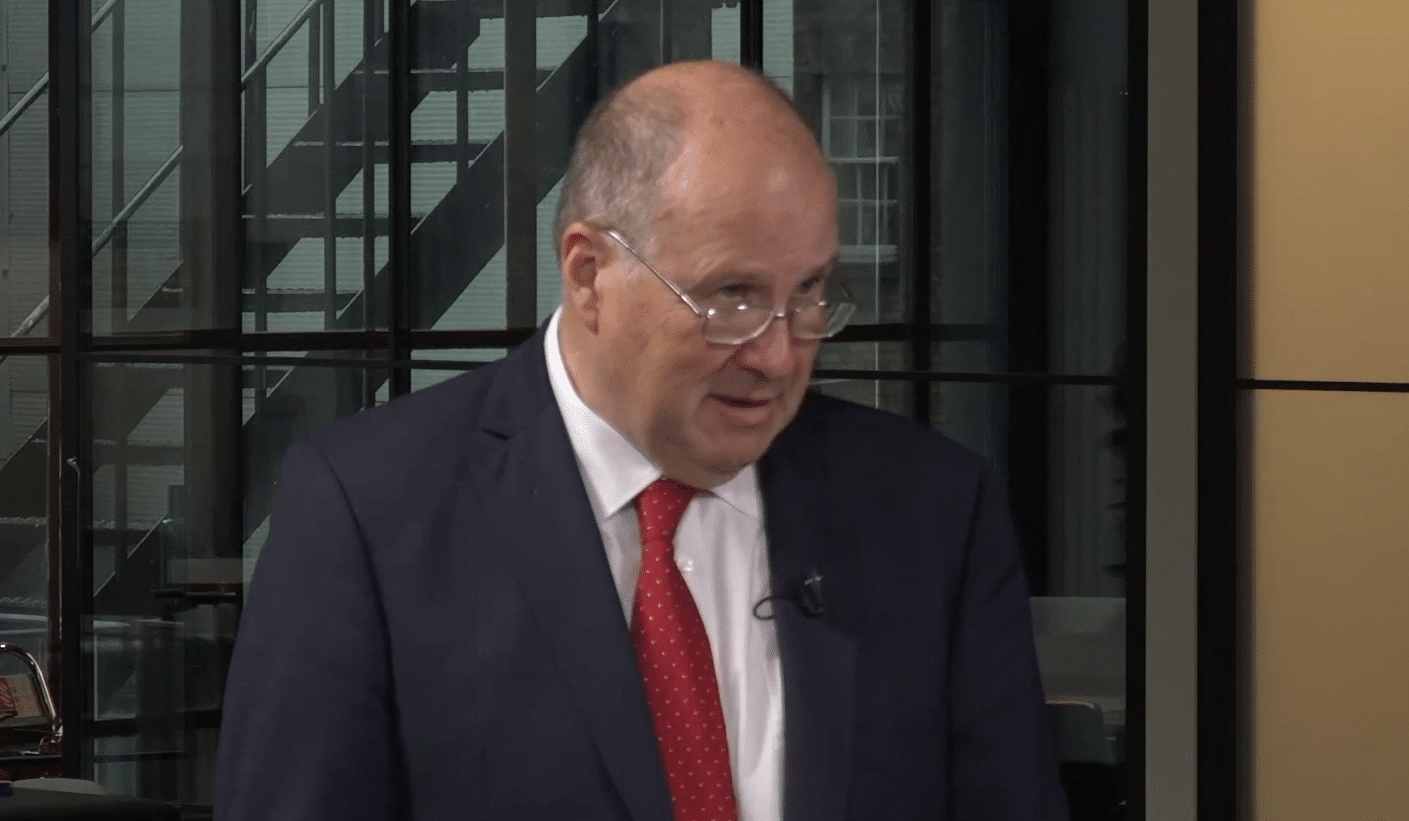
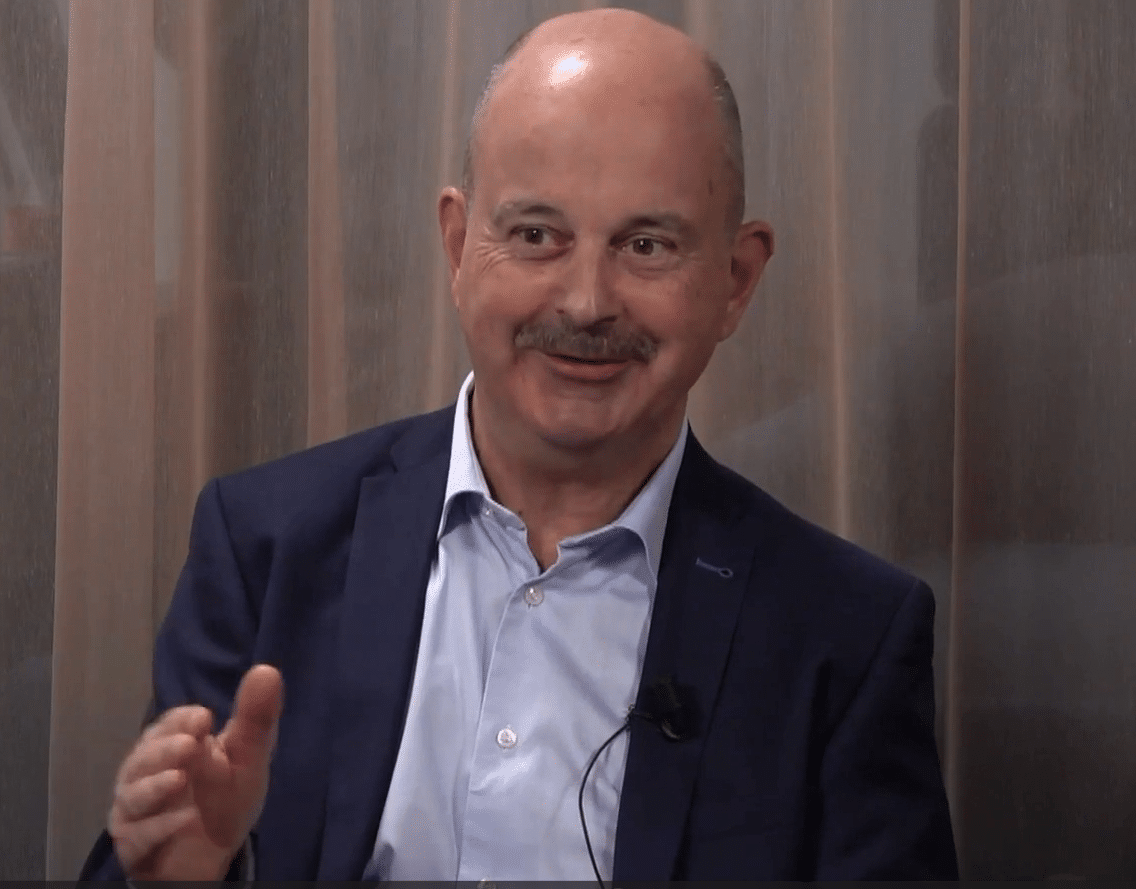
Key Takeaways
1
Design for Flexibility
- Invest in modular layouts and
adaptable furniture to accommodate
evolving workforce needs. - Enable employees to reconfigure
spaces based on tasks and
collaboration, fostering creativity and
efficiency.
2
Embed Sustainability
- Prioritise sustainability as a core strategy with measurable goals beyond certifications.
- Implement circular economy practices, retrofit older properties, and track embodied carbon to achieve meaningful environmental impact.
3
Leverage Technology
- Utilise AI to optimise resource allocation, streamline space usage, and enhance hybrid work models.
- Incorporate systems that dynamically manage energy and workspace utilisation for greater efficiency.
1
Design for Flexibility
- Invest in modular layouts and
adaptable furniture to accommodate
evolving workforce needs. - Enable employees to reconfigure
spaces based on tasks and
collaboration, fostering creativity and
efficiency.
2
Embed Sustainability
- Prioritise sustainability as a core strategy with measurable goals beyond certifications.
- Implement circular economy practices, retrofit older properties, and track embodied carbon to achieve meaningful environmental impact.
3
Leverage Technology
- Utilise AI to optimise resource allocation, streamline space usage, and enhance hybrid work models.
- Incorporate systems that dynamically manage energy and workspace utilisation for greater efficiency.
4
Foster Connection
- Invest in modular layouts and
adaptable furniture to accommodate
evolving workforce needs. - Enable employees to reconfigure
spaces based on tasks and
collaboration, fostering creativity and
efficiency.
5
Promote Collaboration
- Prioritise sustainability as a core strategy with measurable goals beyond certifications.
- Implement circular economy practices, retrofit older properties, and track embodied carbon to achieve meaningful environmental impact.
6
Adapt to Expectations
- Utilise AI to optimise resource allocation, streamline space usage, and enhance hybrid work models.
- Incorporate systems that dynamically manage energy and workspace utilisation for greater efficiency.
4
Foster Connection
- Invest in modular layouts and
adaptable furniture to accommodate
evolving workforce needs. - Enable employees to reconfigure
spaces based on tasks and
collaboration, fostering creativity and
efficiency.
5
Promote Collaboration
- Prioritise sustainability as a core strategy with measurable goals beyond certifications.
- Implement circular economy practices, retrofit older properties, and track embodied carbon to achieve meaningful environmental impact.
6
Adapt to Expectations
- Utilise AI to optimise resource allocation, streamline space usage, and enhance hybrid work models.
- Incorporate systems that dynamically manage energy and workspace utilisation for greater efficiency.
Participants
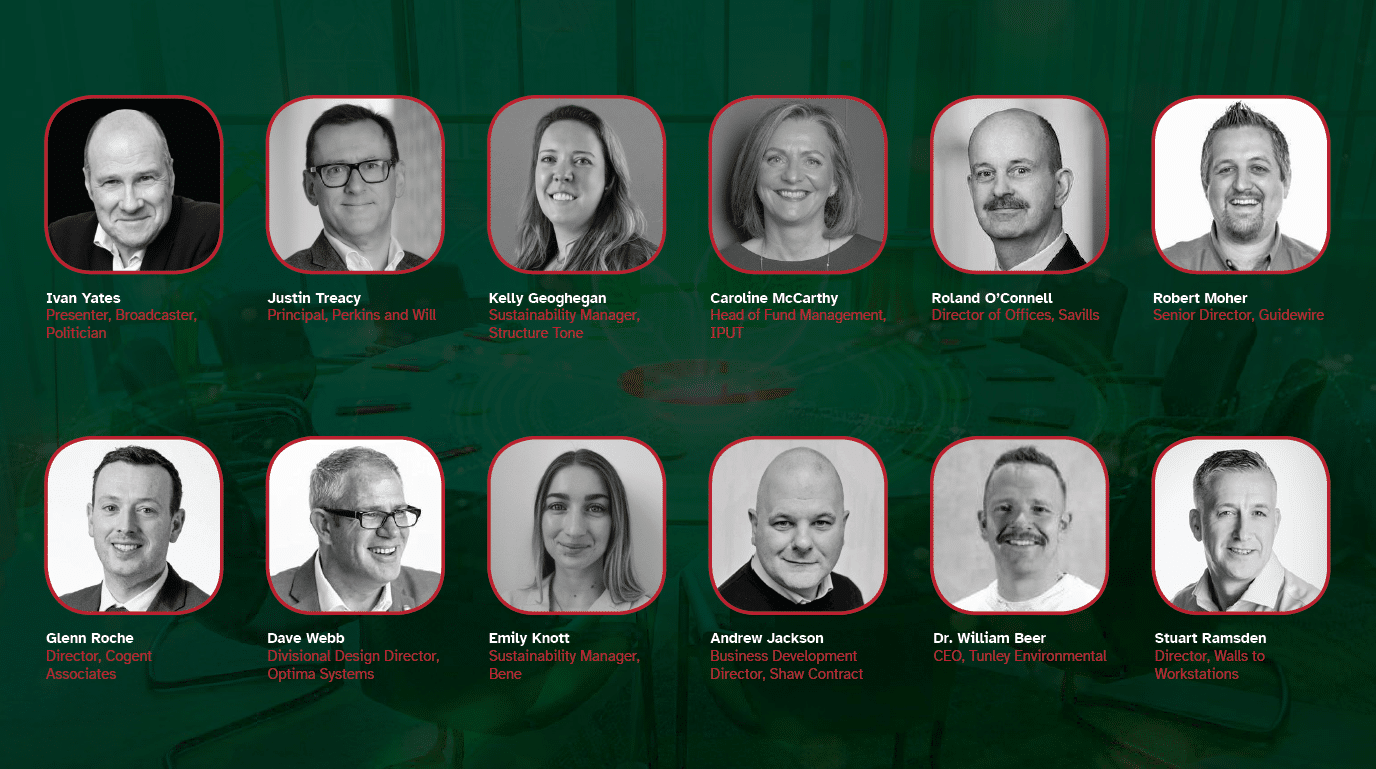
Sustainability: A Strategic Imperative
Sustainability has evolved from a regulatory checkbox to a core strategic priority for modern businesses. As global concerns about climate change and environmental impact intensify, companies are adopting innovative approaches to ensure their operations, buildings, and practices align with sustainable values. The growing emphasis on sustainability is not only about ethical responsibility but also about seizing a competitive advantage in an increasingly conscientious marketplace.
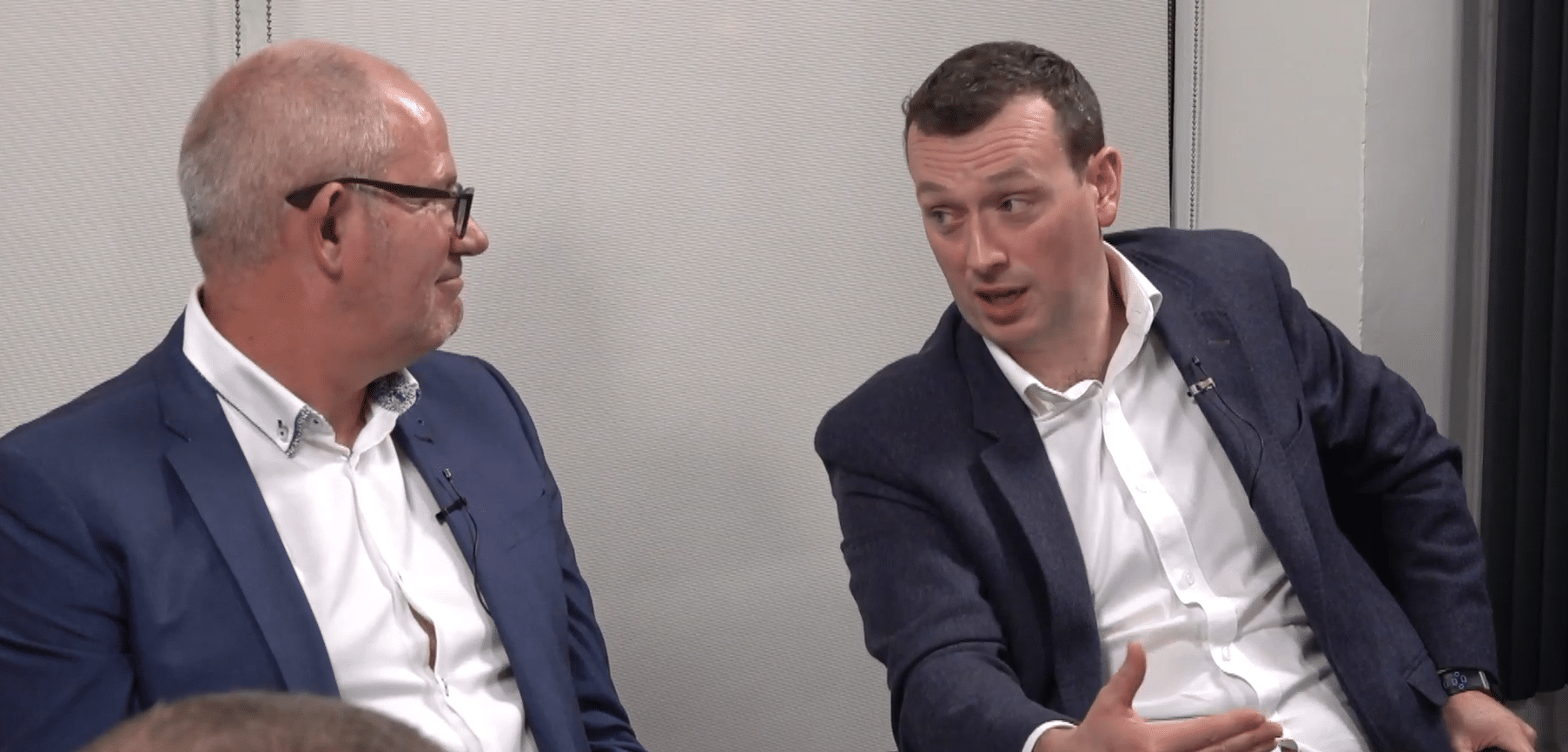
Sustainability is a priority for many, but construction remains a bottom-line industry. Change is happening, but financial incentives are still lacking at the scale needed.
Glenn Roche, Cogent Associates
Collaboration in construction and property is evolving with data transparency. AI enables faster analysis, removing traditional hurdles and driving efficiency.
Andrew Jackson, Shaw Contract
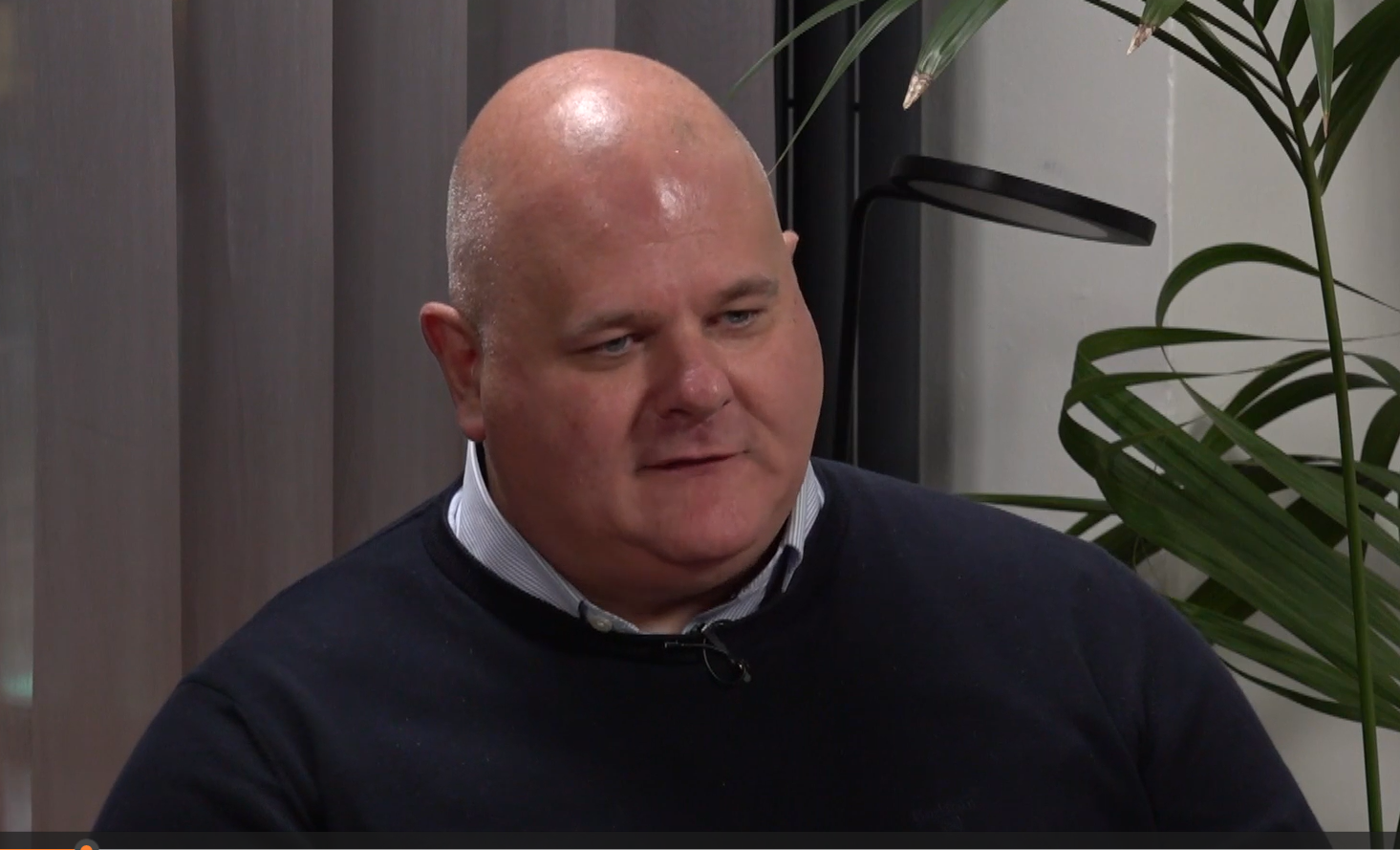
The Evolving Office
The modern workplace is undergoing a profound transformation, evolving beyond a traditional office into a dynamic environment that fosters collaboration, creativity, and individual focus. As businesses navigate hybrid work models and shifting employee expectations, the challenge lies in designing spaces that not only enhance productivity but also support well-being and engagement.
Organisations are rethinking office design to balance operational efficiency with the needs of their workforce. From flexible layouts to wellness-driven amenities, companies are prioritising environments that inspire innovation, attract top talent, and create a sense of purpose and belonging.
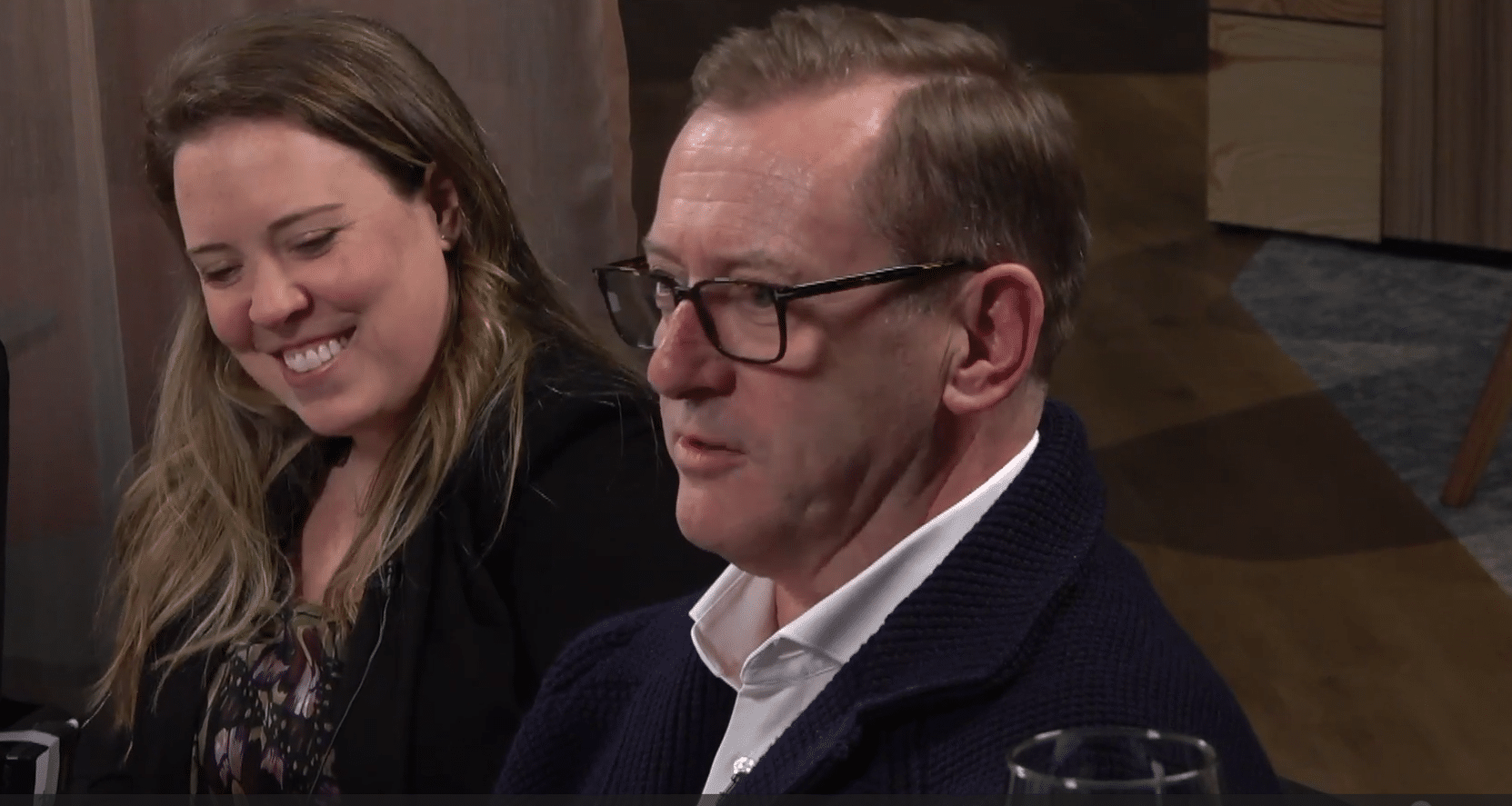
We are moving beyond Neurodiversity to Neurophysiology or how space makes people behave, understanding the human reaction to the spaces we create is vital to delivering exceptional experiences for everyone.
Justin Treacy, Perkins and Will
Furniture should be viewed as an investment, not a consumable - designed for durability, adaptability, and long-term value.
Emily Knott, Bene
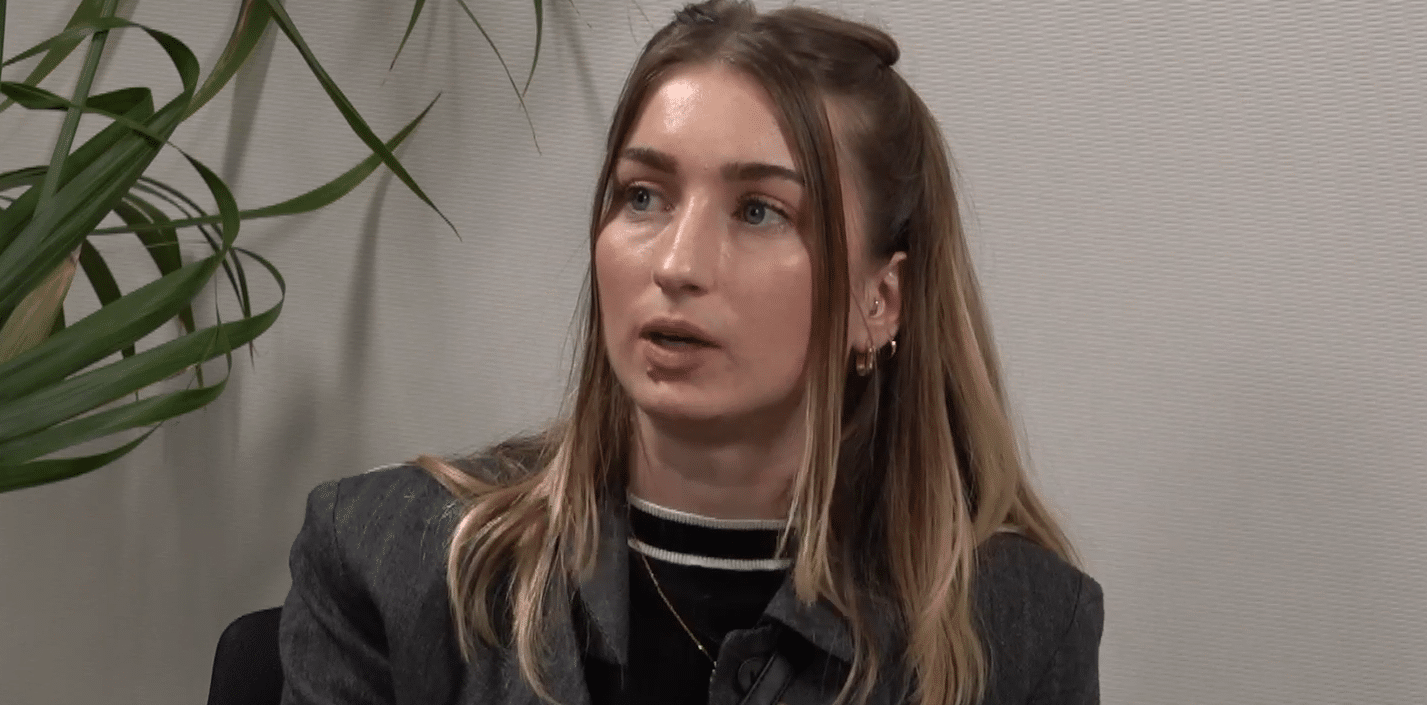
Conclusion
Sustainability has evolved from a peripheral concern to a central strategic imperative. The adoption of circular economy principles, embodied carbon tracking, and retrofitting underscores the industry’s commitment to addressing environmental challenges. These efforts are not only ethical but also practical, delivering measurable benefits to businesses, investors, and tenants alike. Transparency and collaboration will remain key drivers in advancing these sustainable practices and maintaining trust in an increasingly eco-conscious market.
As businesses and industries navigate shifting expectations, the office is being reimagined not merely as a place to work but by prioritising emotional well-being, adaptability, and sustainability, organisations can craft spaces that meet the evolving needs of their workforce while driving long-term success that fosters and enhances creativity, collaboration, and individual connection.
Technology, particularly AI, is set to play a transformative role in optimising workspaces. From real-time resource management to enhancing space utilisation, AI offers unparalleled opportunities to boost efficiency and sustainability.
Ultimately, the road ahead calls for a collaborative, collective commitment to innovation, flexibility and accountability. By embracing these principles, we can create environments that empower employees and support sustainable growth.
The modern office and construction landscape are no longer confined by tradition but are instead evolving into platforms for sustainable, resilient development. In this new era, creative collaboration and sustainable objectives will define the spaces where we work, connect, and thrive.
